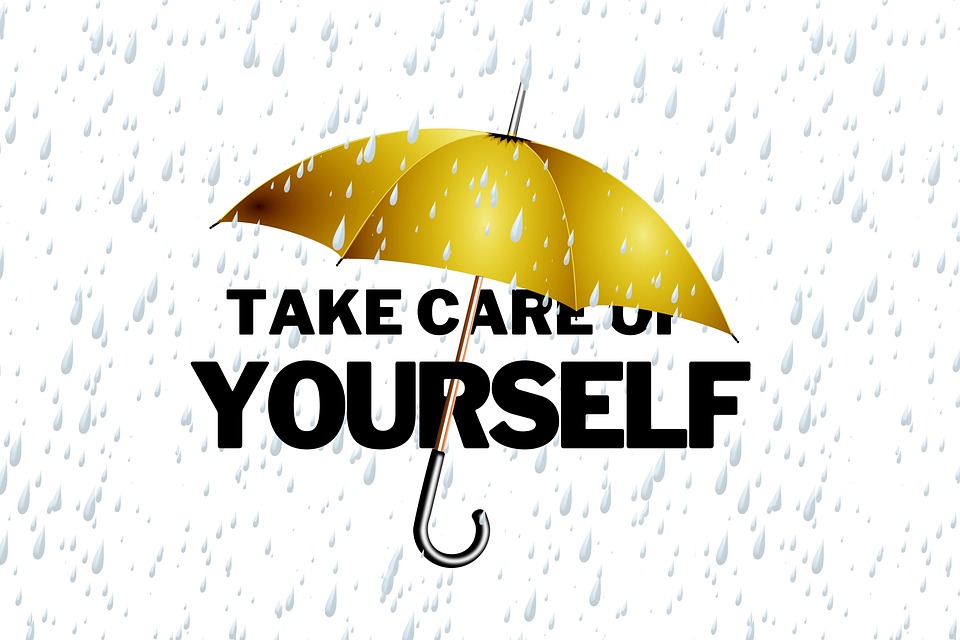When I came out of hospital after my first child was born, I vividly recall running around our home feeling stressed; trying to get jobs done, and eating chocolates instead of meals because I thought I had no time to stop and eat properly. I was at risk of running myself ‘ragged’.


Some of us are more aware of what self-care means than others; it means doing things that help protect and improve our emotional and physical well-being. When I was training to be a counsellor a few years back it was a phrase that was used a lot. What do you think it means? Some people believe that it sounds rather selfish, and others that it’s unachievable for people who live busy lives. I tend to think about it as looking after my own needs (as well as other peoples’).

Interestingly, while we are doing this, we are in a healthy and fit condition to help others. Imagine for a moment the example of an aeroplane scenario where people are instructed to wear their oxygen masks; they are told to put on their own mask before helping a child or dependent. This is important because we can’t help them if we are going short of oxygen ourselves.
An important part of looking after ourselves is to know our limitations. It’s tempting to keep pushing ourselves hard when we see jobs that need doing and people that need help. However, I have recently met a couple of people who did this, and both ended up having to take a long break from work and helping responsibilities due to burnout. It suddenly hit them with a crash, and they simply couldn’t keep pushing themselves to achieve more and more. When people have burnout, they come to a full stop; not from choice I hasten to add! They simply find they can’t do anything anymore, and this is sometimes accompanied by compassion fatigue where they have an inability to feel concern for people and/or causes, so they must stop work for a while whether they like it or not.

The following are some typical symptoms of burnout from a mental health website:
- Feeling tired or drained most of the time
- Feeling helpless, trapped and/or defeated
- Feeling detached/alone in the world
- Having a cynical/negative outlook
- Self-doubt
- Procrastinating and taking longer to get things done
- Feeling overwhelmed
So, self-care is absolutely NOT being selfish, and we should make it a priority to ensure we can continue to function effectively in everyday life. There are some strategies on the website link below.
What things will you do today to look after yourself?
5 Self-Care Practices for Every Area of Your Life (verywellmind.com)

